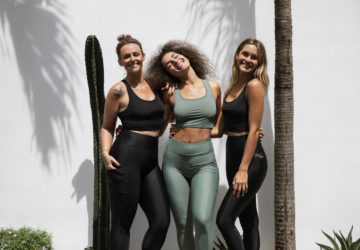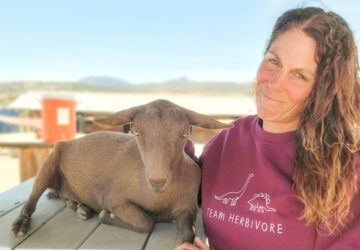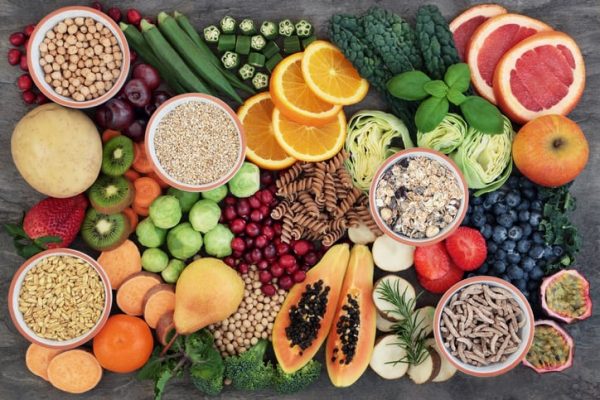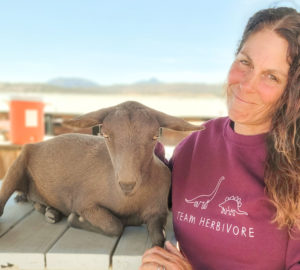Supplementing 101: The Vegan’s Guide to Getting All Essential Nutrients
By: Kaitlin Meilert
Eating a plant-based diet is good for the animals, the environment, and, according to increasing research, maintaining optimal health. However, giving up meat, fish, eggs, and dairy also means giving up essential nutrients that are not as readily available in plant-based foods. As a result, vegans are often deficient in a select few essential nutrients.
Luckily, vegans can get most nutrients through plant-based sources and fill the gaps with supplements. Follow this guide to learn more about what supplements you should be taking!
Vitamin B12
Found in meat, milk, eggs, and fish, B12 is essential for metabolism, red blood cell production, brain function and development, and nervous system maintenance. On the flip side, a B12 deficiency can cause anemia, nervous system damage, and heart and bone disease.
While B12 is available in fortified foods, including plant milk, soy products, breakfast cereals, and nutritional yeast, a vegan’s best bet for optimal dosage and absorption is through a B12 (cyanocobalamin) supplement.
Take 25 mcg per day or 2,000 to 2,500 mcg twice per week.
Vitamin D
Vitamin D plays a vital role in immune function, mood, memory, and muscle recovery. It also enhances calcium absorption! A vitamin D deficiency increases the risk of depression, cardiovascular disease, respiratory tract infections, and type 2 diabetes.
Few food sources naturally contain vitamin D, making deficiency common among herbivores and omnivores alike. Even fortified juices and plant milk often lack sufficient amounts.
Most people get their vitamin D by spending 15-60 min in the sun. However, this much daily sun exposure isn’t always safe or reliable.
Take 1,000 to 2,000 IU of vitamin D2 (vegan) or 600 IU of D3 (sometimes vegan) per day.
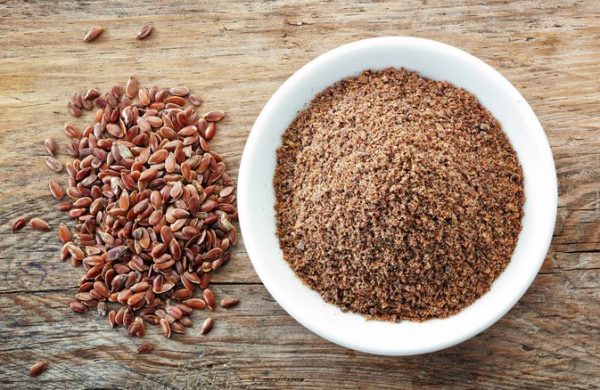
Omega-3
Omega-3 fatty acids are essential for brain function and development and help prevent cardiovascular disease, high blood pressure, arthritis, autoimmune disease, depression, inflammation, and some cancers.
Omega-3s are divided into essential (ALA) and long-chain (EPA and DHA) fatty acids. While the body can convert ALA into EPA/DHA, the conversion rate is low, and ALAs are only available through diet. Luckily, the plant world is rich in omega-3 sources. Flax, hemp, and chia seeds along with walnuts and soybeans are all potent sources of ALAs while microalgae are rich in EPAs/ DHAs.
Take 2.2 g of ALA per day for women and 3.2 g per day for men. That’s just ½ to 1 tablespoon of ground flaxseed a day!
For sufficient EPA/DHA intake, take 200-300 mg of an algae-based supplement two to three times per week.
Iron
Iron is essential for metabolism, oxygen transport, DNA synthesis, and red blood cell creation. A deficiency can cause anemia, fatigue, and decreased immune function.
Since iron is most readily available in animal products, deficiency is common among vegans. However, vegans can get their daily dose of iron by combining a supplement with iron-rich plant foods, including oats, lentils, tempeh, and tofu. Pair with vitamin C for enhanced absorption!
The daily dosages below are taken from the Institute of Medicine and adjusted by Sadia Badiei, a dietitian, and founder of Pick Up Limes.
Men > 19: 15 mg
Women 19-50: 32 mg
Women > 51: 15 mg
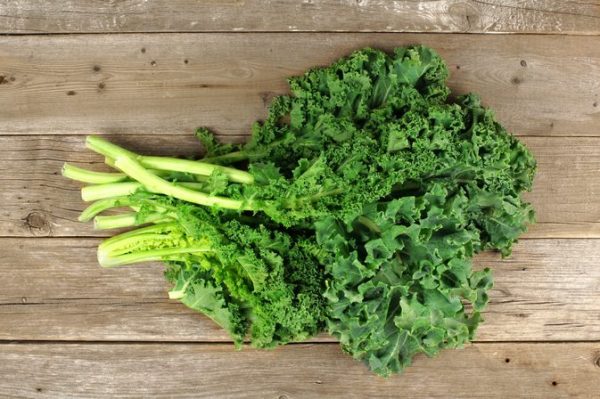
Calcium
Calcium is vital for healthy bones, teeth, and muscle function. Vegans can find plenty of calcium in plant-based sources, including bok choy, kale, spinach, chard, broccoli, chickpeas, and fortified tofu, plant milk, and juices.
Ideally, vegans should get calcium from food sources before a supplement to avoid a calcium overdose. Taking too much can cause calcium build up in the arteries, increasing the risk of heart attack and stroke.
Take 1,000 mg per day, increasing intake to 1,200 mg over the age of 50.
Always take your multivitamin into account when calculating supplement dosages and be sure to get your blood tested by your healthcare provider to find out which supplements you may need to add to your diet.
Sources:


